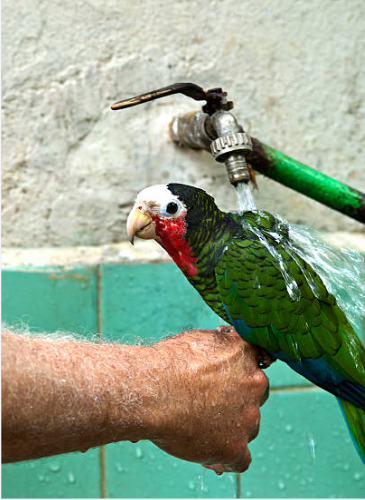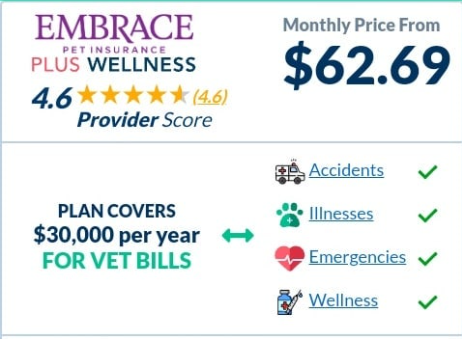Cat Deworming
Intestinal worms are a common problem in cats, especially kittens. They can cause various health problems, including weight loss, diarrhea, vomiting, and death. If you suspect your cat has worms, it is essential to deworm them as soon as possible.
What are intestinal worms?
Intestinal worms are parasites that live in the intestines of animals, including cats. There are many different types of intestinal worms, but the most common in cats are roundworms, hookworms, tapeworms, and lungworms.
- Roundworms are the most common type of intestinal worm in cats. They are long, thin worms that can grow several inches long. Roundworms are usually white or cream.
- Hookworms are more minor than roundworms and have hook-like mouths that they use to attach to the intestinal wall. Hookworms can cause anemia in cats.
- Tapeworms are long, flat worms that can grow several feet long. Tapeworms are made up of many segments, each of which contains eggs.
- Lungworms live in the lungs of cats. They can cause coughing, difficulty breathing, and weight loss.
How do cats get worms?
Cats can get worms in a variety of ways, including:
- Eating infected prey: If a cat consumes an infected animal, such as a mouse or rat, they can become infected with worms.
- Grooming: Cats can get worms from grooming themselves, especially if they have fleas. Fleas can carry tapeworm eggs.
- Contact with other infected cats: Cats can get worms from contact with other infected cats, especially if they share a litter box.
- From the mother: Kittens can get worms from their mother in the womb or through her milk.
Symptoms of worms in cats
The symptoms of worms in cats can vary depending on the worm type and the infection’s severity. Some common symptoms include:
- Weight loss
- Diarrhea
- Vomiting
- Bloating
- A dull coat
- A pot belly
- Lethargy
- Coughing
- Difficulty breathing

How to deworm your cat
Deworming medications are typically given orally as a pill or liquid. Some deworming drugs are also available as topical treatments applied to the skin.
When to deworm your cat
Kittens should be dewormed every two weeks from two weeks of age until they are eight weeks old. After that, they should be dewormed monthly until they are six months old.
Adult cats should be dewormed every three to six months, depending on their risk of exposure to worms. Cats that go outdoors are more likely to get worms than cats that stay indoors.
How to prevent worms in cats
There are several things you can do to prevent worms in your cat, including:
- Keep your cat’s environment clean and free of feces.
- Keep your cat’s litter box clean and scoop it daily.
- Prevent your cat from eating infected prey.
- Treat your cat for fleas regularly.
- Deworm your cat regularly.
What to do if you think your cat has worms
If you think your cat has worms, it is essential to take them to the veterinarian for diagnosis and treatment. Your veterinarian will examine your cat and may order a fecal test to confirm the presence of worms.
Once your veterinarian has diagnosed your cat with worms, they will prescribe the appropriate deworming medication. It is essential to follow your veterinarian’s instructions carefully and to deworm your cat regularly to prevent reinfection.
Additional information about cat deworming
- There are a variety of different deworming medications available, each with its advantages and disadvantages. Your veterinarian can help you choose the proper deworming medication for your cat.
- Some deworming medications are broad-spectrum, meaning they are effective against various types of worms. Other deworming drugs are only effective against one or two types of worms.
- To prevent the spread of worms, it is essential to deworm all cats in your household simultaneously.
- If you have a pregnant or lactating cat, you must talk to your veterinarian about which deworming medication is safe for her.
- Deworming medications can cause side effects in some cats. The most common side effects are diarrhea and vomiting. If you notice any side effects after deworming your cat, contact your veterinarian immediately.
Conclusion
Cat deworming is an important part of keeping your cat healthy. By deworming your cat regularly,


